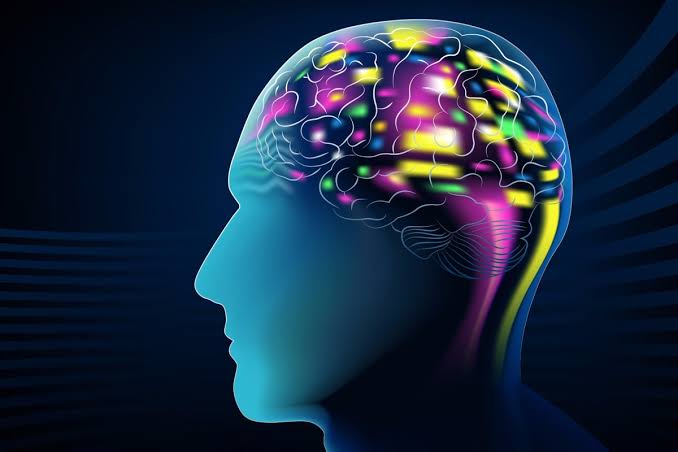Research teams in China are striving to build self-developed chips for brain-computer interface (BCI), a critical bioscience sector that could collect and analyse human brains’ electronic signals
Paving way for a breakthrough in this next-generation technology in industry, aerospace and medicine, whose markets are valued at trillions of dollars, research teams in China are striving to build self-developed chips for brain-computer interface (BCI), a critical bioscience sector that could collect and analyse human brains’ electronic signals.
The sector, which has been put on the US export control list, is at the forefront of a white-hot technology war between the world’s two largest economies. While the US, represented by technology company Neuralink founded by Tesla CEO Elon Musk, has a clear edge in invasive brain-computer interface technology thanks to an early start, China also excels in non-invasive technology as it is a forerunner in decoding and brain-computer system applications.
A neuro-engineering team at Tianjin University is working on the research and development of the second-generation “BrainTalker” chip, which uses less power and offers higher system-on-chip integration.
A person can type by using his mind wearing a brain electrode cap that is covered with sensitive electrodes, with the chip inserted. By interpreting his brain signals without the need for physical typing, characters appear onscreen.
The research team, using the chip, is able to capture “good-quality” brain intentions from electroencephalogram signals that could satisfy application demands, said Xu Minpeng, assistant director of the Tianjin Brain Science Center who leads the project.
“We’re upgrading the technology, but it has some way to go before it can be commercialized”, Xu said. The first generation of “BrainTalker” was released in 2019.
The research team from Tianjin University is one example of how China is accelerating its efforts to break “bottlenecks” in brain-computer interface technology, in particular in front-end collecting chips and high-performance processors, where core technologies are heavily dependent on imports from the US and European countries.
“We are also facing the problem of technological blockades by the US. Some BCI products need to be smaller and more efficient, and this can’t be accomplished without the support of imported chips and materials”, Zhang Jianmin, director and professor of the Department of Neurosurgery at the Second Affiliated Hospital Zhejiang University School of Medicine (SAHZU) and one of the leaders of the brain-computer interface clinical research team at Zhejiang University.
“We have to be more innovative to clear away these technological setbacks”, Zhang noted.
After the country’s first closed-loop neuro-stimulator proved effective for epilepsy control in clinical applications, the team led by Zhang has just made an important breakthrough on the application of brain-computer interface.
To identify seizures in the early stages, the closed-loop neuro-stimulator is an advanced technology based on the brain-computer interface technique and it is also able to deliver a therapeutic electrical stimulus in response to the onset of a seizure.
According to Zhang, the world’s first closed-loop neuro-stimulator was approved by US Food and Drug Administration and put on the market as early as 2015. However, due to a US monopoly and blockade of technology, intractable epilepsy patients in China or elsewhere in Asia cannot get access to the treatment, which makes it important for China to be self-sufficient in this future technology.
The US Industry and Security Bureau, in 2020, published a list of “emerging technologies” that are subjected to export control. Brain-computer interface, along with other 13 technologies, was on the list.
But, industry observers pointed out that China is quickly closing the technological gap with the US, and it has even outperformed the US in certain fields.
According to Zhang, the team will carry out phase III clinical trials and it is estimated that a large-scale application could be available within three years after being approved by Chinese regulators. Brain-computer interface based neuro-stimulators to treat dementia and mania are also under development.
Also read:Robots becoming an important part of the marketing industry
Do Follow: CIO News LinkedIn Account | CIO News Facebook | CIO News Youtube | CIO News Twitter






